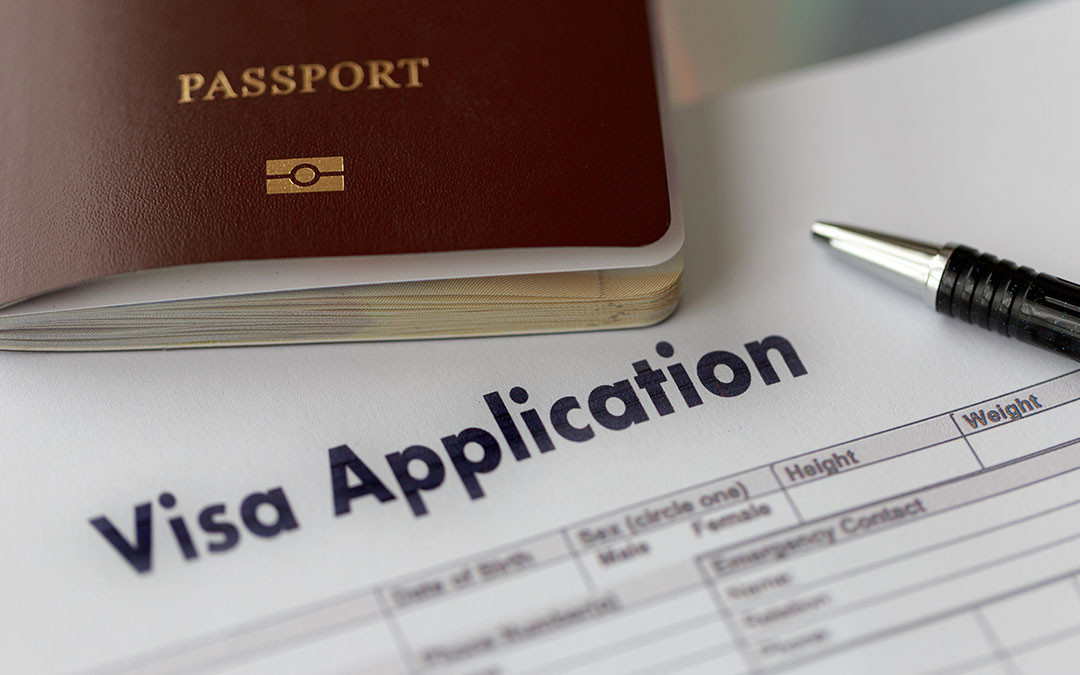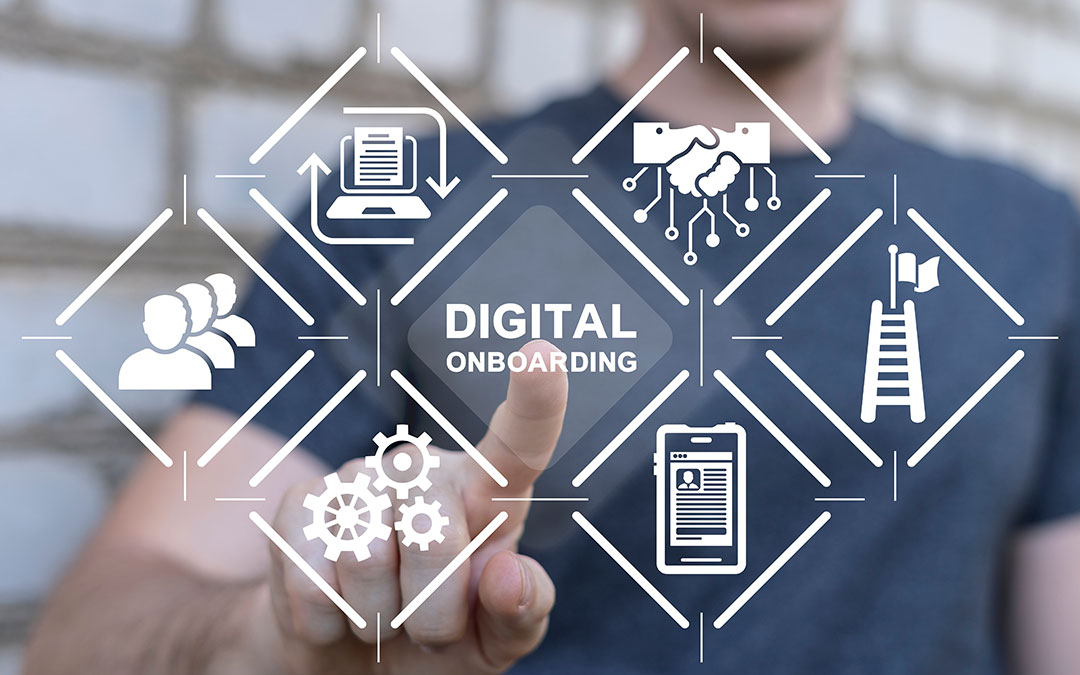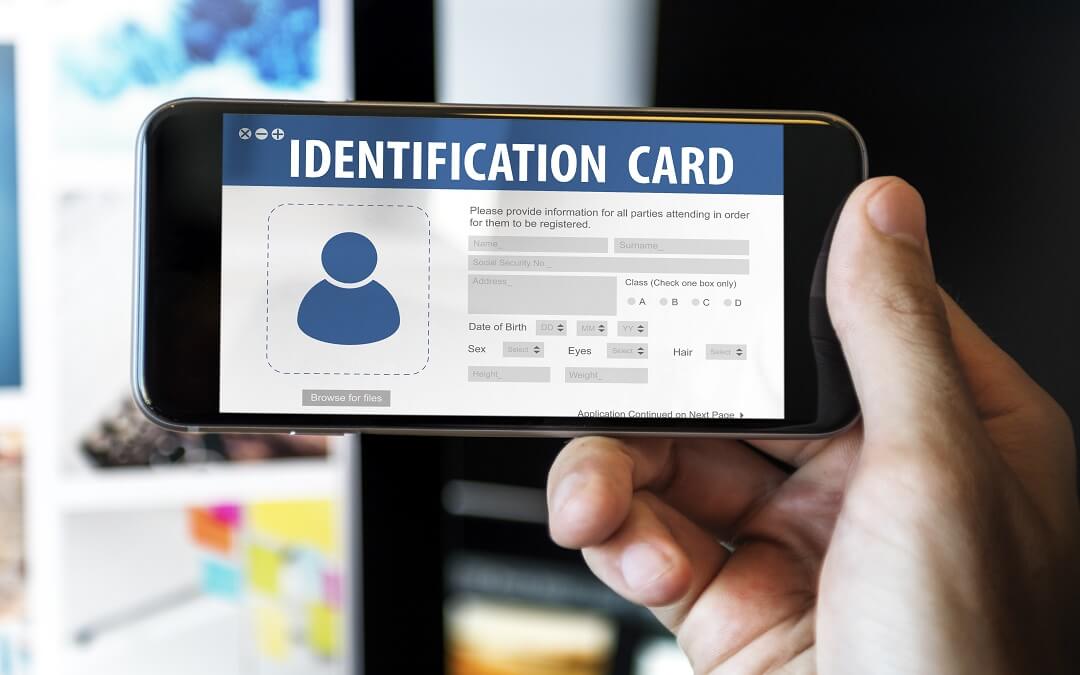- Technology
- Uploaded In: 2023
Speed, simplicity & efficiency: The future of citizen services is going digital
Customers today expect their needs will be met in a fast, frictionless manner. The likes of tech leaders are showing the way, competing to deliver faster, cheaper and more user-friendly services - on-demand, anywhere, anytime - which means that in this customer-centric, connected world, the bar has never been set higher. Just like in the private sector, citizens are increasingly demanding more user-friendly services in the government sector too.
What ails customer satisfaction for citizen services
A report by the McKinsey Center for Government, for example, which surveyed 17,000 US citizens looking at their experience with state service points in the US, found that satisfaction with private sector services was two and a half times higher than that for public services.
Participants expressed negative feelings about the complexity of processes, the slow speed of service, and the effort required to navigate through processes. Those surveyed said they cared most about speed, simplicity, and efficiency - key elements of the interaction “process” with government - over all other aspects of their service experience.
The McKinsey report outlined that government agencies tend to focus on individual 'touchpoints' in their interactions with citizens (for example, accepting an application), rather than considering a citizen's end-to-end journey through a process (such as obtaining a license). The report found that those agencies that managed the entire end-to-end journey achieved higher levels of customer satisfaction.
Governments are actively assessing how they can reform existing citizen services while staying within budget controls. For example, currently, public services regularly require manual forms that have to be printed and mailed, rather than offer an end-to-end online experience where it is possible to do so, including for payments. The same goes for working hours at public offices which are often limited, with customers having to visit personally for every requirement.
Delivering services to citizens is central to what governments, and their agencies, do. The most palpable interactions people have with their governments are for duties such as paying taxes, renewing driving licenses, or applying for benefits. High-quality services are therefore vital in engendering trust in the public sector.
Identifying where you hold personal information
The problem is that governments generally think about what they want from a service and how best to make it work for their processes, rather than what their customers are looking for and what they find easiest.
A good starting point for governments is to think of the basic premise that it all starts with customers' identity. Enabling individuals to create identity will enhance the opportunities at a later stage to realise cross-collaboration across different functions.
One such instance is the Estonian government in terms of the developments made in citizen services. Estonia is probably the only country in the world where 99% of the public services are available online 24/7 - in fact, the only things where e-services are not in place are for marriages, divorces, and real-estate transactions.
But the Estonian thought process was not to go 'digital for digital's sake' - another trap governments often fall into. Estonia first introduced an e-tax declaration, offering a better way of doing taxes that the citizen was keen to adopt, rather than the government.
Now, its citizen services have expanded to the point where Estonians can vote via their laptops. They can appeal against parking tickets online. Rather than people having to input data time and time again, it follows a 'once and once only policy; if they're applying for a loan, for example, information is obtained from elsewhere in the system. They don't have to fill out forms at the surgery as doctors can access patient records online.
As Arthur Mickoleit, an analyst at Gartner who specializes in digital government, has pointed out, Estonia got the foundations right early in the process. This included digitising registers held by public bodies to provide the necessary information to support e-services, building the X-Road platform, and giving citizens the means to securely access online services by providing digital ID cards and making digital signatures equivalent to handwritten signatures. As a result, Estonia has reached an unprecedented level of transparency in governance and built broad trust in its digital society, saving over 1,400 years of working time annually.

Citizen services at VFS Global
At VFS Global, we have been managing similar high-volume large-scale identity and citizen programmes for governments of South Africa, India, the United Arab Emirates, and several African countries. Programmes include in-country passport services, foreigner registration, driving licenses, birth certificates, a range of civic permits, licenses and registrations, across a range of one-stop-shop, front office, digital and door-to-door services.
One such programme is on behalf of the Ministry of Health and Prevention in UAE, where we had set up Medical Examination Centers for Residency Visa purposes in Dubai in early 2018 enabling resident expatriates to complete their mandatory health checks for their residency visas.
The Centres operate for 12 hours a day, 6 days a week, and deliver test reports in 48 hours turnaround time with the option of receiving test results via email or SMS. Customers are also provided with professional call centre and email support and a dedicated information website for end-to- end details on fees, services and booking an appointment.
Need for online service delivery supplemented by in-person support
It's also vital to realise that 'online only' and going digital for digital's sake does not necessarily work for everyone, such as older citizens, those with disabilities, or those with poor internet connectivity. Indeed, one-stop shops combining the best of online delivery such as multichannel options together with in-person contact tend to be the most successful, as a report for the World Bank found. It reported that, although there are different models of these kinds of one-stop-shops adopted worldwide, the best includes four common features: access, personalization, speed, and interaction. Increasing access means supplementing brick-and-mortar centres with electronic and mobile services; personalization refers to providing information based on citizen's interests and needs; speed concerns reducing transaction times and involves re-engineering and simplifying processes and procedures; while interaction refers to engaging citizens, from receiving feedback from citizens to engaging them as co-creators of one-stop-shops.
Governments that leverage this customer service mindset, offer multiple channels of service delivery and focus on service quality are most likely to achieve this - exactly the sort of mindset employed by the tech leaders that have set that bar where it is today.
If you have any feedback on this article or would like to reach out to our team to know more, please email us at
communications@vfsglobal.com














